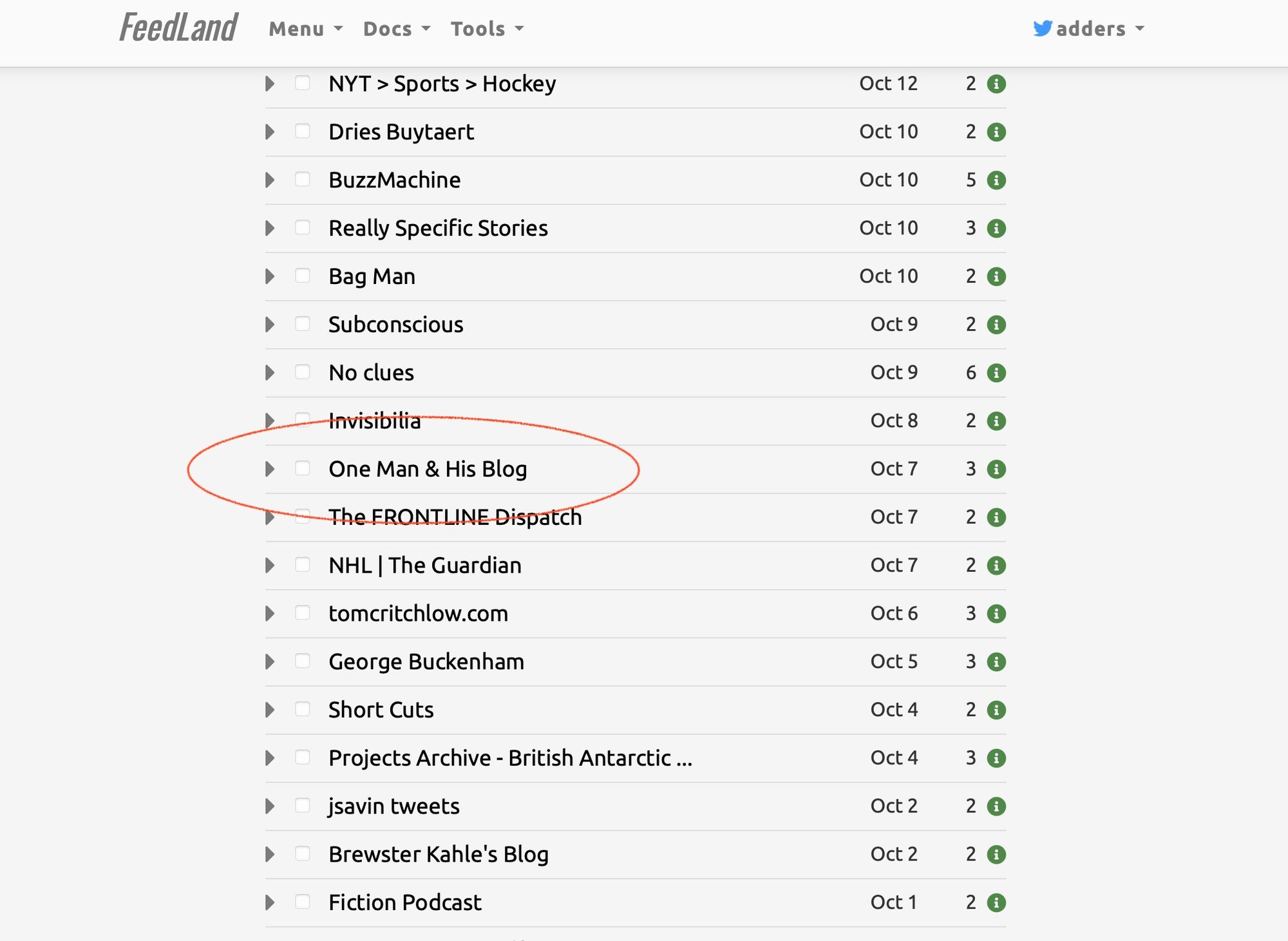
The quiet renaissance of RSS Feeds
After a quiet decade, we’re finally seeing some innovation in the RSS space, and the old school blogger in me is delighted.
A lot of people assume that RSS Feeds died with Google Reader back in 2013. (That's nearly a decade ago… How did that happen?) But technology like that doesn't just vanish. It still underpins podcasting, for example. And given that a large percentage of the web is powered by WordPress, they often do have RSS feeds, even if they're not aware of it.
However, there have been some rather more significant moves towards making it a useful technology for readers on the web again. Unexpectedly, Substack added RSS reading to its reading app on the web and iOS, which had been limited to reading Substack publications (we're not allowed to called them newsletters, apparently) before then:
Want to add a publication from outside Substack? No problem—just select “Add RSS feed” from the left sidebar.
That's cool. A good move on their part.
Welcome to Feedland
Meanwhile, Dave Winer, one of the genuine pioneers of blogging and one of teh instagators of RSS, is working on a new product, Feedland. It's an experiement in building a new form of RSS reader, one that has a social element to it. I've not yet had time for a detailed play with it, but I will do so, and report back. In particular, his idea of News Products could be really handy.
One thing did catch my eye, though, is that Dave is sharing his own feed reading using the service:
I am subscribed to 470 feeds. You can view my feed list as a feed reader, because of a feature I added late in the development process.
And I had to have a nosey. What sites was this blogging innovator following. One of them caught me by surprise:

Now, that's flattering.
Sign up for e-mail updates
Join the newsletter to receive the latest posts in your inbox.










